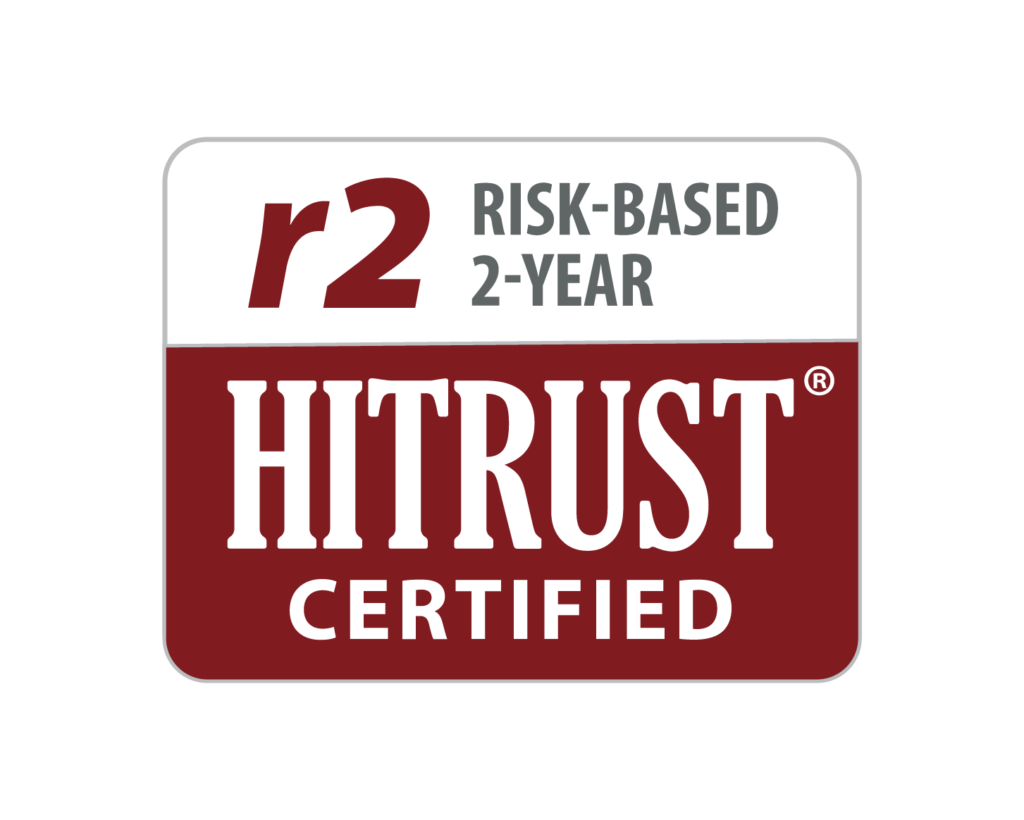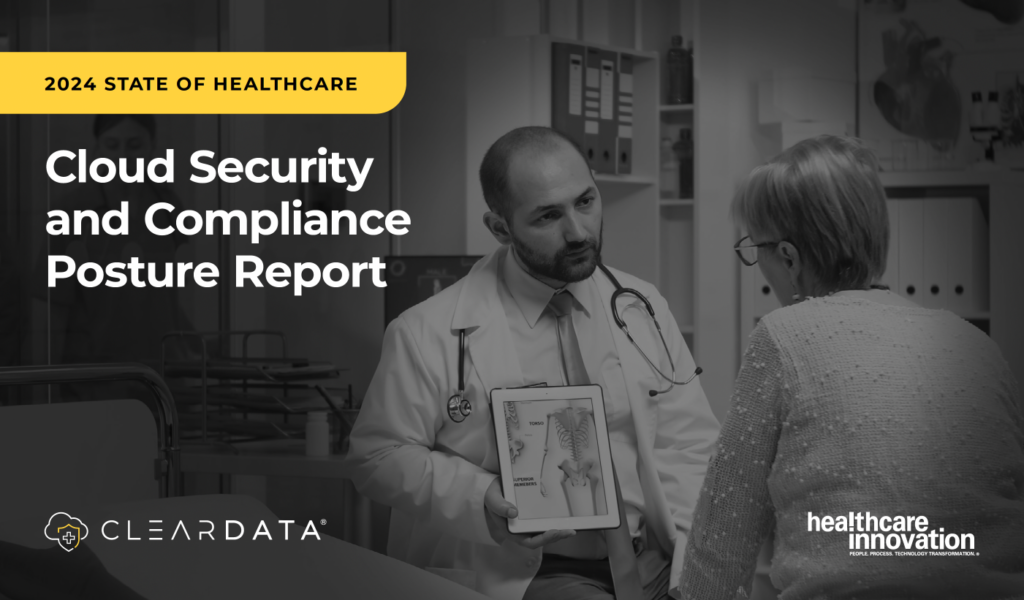Featured Article From HIT Infrastructure
Originally published October 11, 2018 by Elizabeth O’Dowd at hitinfrastructure.com
ClearDATA Achieves Amazon Web Services DevOps Competency Status
ClearDATA’s new AWS competency status indicates further interest in health IT infrastructure technology from major cloud vendors.
– ClearDATA announced its achievement of Amazon Web Services (AWS) DevOps Competency status. This designation indicates that payers and providers can use ClearDATA to integrate into onto the cloud with automated safeguards and configuration management tools on AWS.
The AWS Competency Program identifies technology partners to take advantage of the services offered on AWS. For the healthcare space, ClearDATA can help integrate healthcare organizations onto AWS while remaining in compliance with strict healthcare regulations like HIPAA and GDPR.
“We are thrilled to add the AWS DevOps Competency status to our growing list of AWS competencies,” said Matt Ferrari, ClearDATA’s Co-Founder & Former CTO. “This competency demonstrates ClearDATA’s technical expertise and ability to provide the best automated safeguards, specifically built for healthcare, that protect our customers by helping them remain compliant and secure throughout the lifecycle of their app.”
“Enterprise healthcare organizations are in need of DevOps transformation to drive innovation and optimization to their healthcare application,” Ferrari continued. “ClearDATA helps customers running on AWS achieve their technology goals for years and it’s exciting to formalize it with the achievement of the AWS DevOps Competency status.”
In addition to DevOps Competency status, ClearDATA has also achieved the AWS Healthcare Competency and AWS Life Sciences Competency status.
This isn’t ClearDATA’s first partnership or collaboration with a major cloud vendor. This past July, ClearDATA announced its partnership with Google Cloud. The partnership uses the Google Cloud Platform to deliver ClearDATA’s healthcare compliance capabilities to digital tools.
The focus of this partnership is on analytics and giving organizations access to their analytics tools via Google Cloud.
“Our partnership with Google Cloud gives those wanting to innovate on Google Cloud Platform the chance to do so in a secure and compliant environment without fear of compromising sensitive health data, ultimately increasing their opportunities to advance healthcare and improve patient outcomes,” ClearDATA CEO Darin Brannan said in a statement.
This collaboration will eventually give healthcare developers access to the Google Kubernetes Engine, which is an open source container system. This will help organizations automate application deployment and make applications more scalable.
Back in August ClearDATA collaborated with major cloud vendors again by announcing the expansion of its HITRUST Common Security Framework (CFS) Version 9.1 for its mulitcloud solutions including Amazon (AWS), Microsoft Azure, and Google Cloud Platform.
The expanded CSF 9.1 covers 36 privacy and security regulations including FedRAMP, NIST, ISO and the European General Data Protection Regulation (GDPR).
ClearDATA expanded its health data security to encompass Microsoft Azure, GCP, and AWS. This expanded certification gives healthcare organizations deploying health IT applications in multicloud environments on GCP, Microsoft Azure, and AWS the confidence to work among these cloud service providers.
Large cloud vendors like Google, Amazon, and Microsoft are beginning to invest more in the healthcare industry as they see the industry’s growing interest and investment in digital tools.
Payer and provider organizations are in the midst of a digital transformation and are building for the future by investing in digital tools that will help them increase clinical workflow, which, in turn, will lead to better patient care.
Now that major vendors are investing more in healthcare-focused IT, advanced digital tools are becoming more readily available to healthcare organizations. IT systems can be consolidated, and many tools and applications don’t need to be bought separately; they are available in a cloud platform the organization is already using.
Amazon, Google, and Microsoft along with IBM, Oracle and Salesforce announced their intent to jointly commit “to removing barriers for the adoption of technologies for healthcare interoperability, particularly those that are enabled through the cloud and AI.”
This pledge established the intent for these major vendors to invest heavily in health IT infrastructure. As these vendors continue to collaborate with healthcare specific vendors and invest in the healthcare industry, healthcare organizations are going to be able take advantage of the innovative tools and advanced technology these vendors create.


